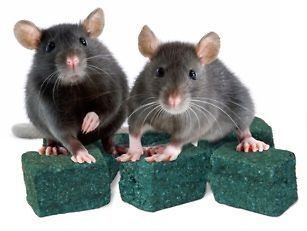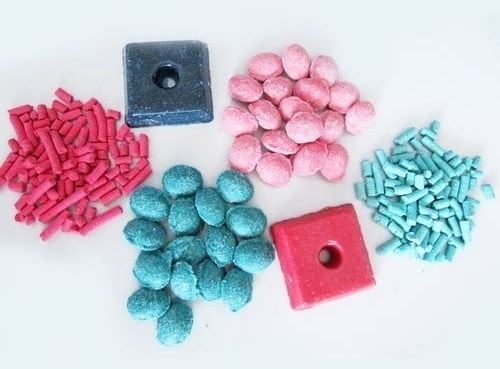|
Rat bait and pets
 As we are heading into the cooler drier months our houses and sheds are becoming a more conducive place for rodents to hide. As a result there is an increase in the amount of rat and mice bait used and subsequently an increase in the number of rodenticide poisonings in our pets. Poisoning can be either primary or secondary depending on how the pet accesses the bait.
Primary poisoning occurs when our pets ingest these baits directly while secondary poisoning occurs when pets ingest poisoned rats and mice. Most rat and mice baits contain anticoagulants, which are chemicals
that prevent the blood from clotting.
Two different types of anticoagulant rodenticides are available; those that require rodents to have multiple feeds and those that only require single feeds. Single feed rodenticides contain brodifacoum and bromadiolone (Talon and Bromakil) and are much more toxic than multi-feed formulations. They are therefore more likely to cause death in pets and secondary toxicity.
The main signs relate directly to blood loss and anemia. Bleeding can occur either internally or externally resulting in lethargy, weakness, pale gums, a cough and bloody nasal discharge if there is bleeding into the chest, or bloody faeces or vomit if there is bleeding into the gut. Diagnosis is made
through a blood test and treatment with vitamin K is generally sufficient if the condition is caught early enough. In more severe toxicity, dogs may require a blood transfusion to replace lost blood and clotting factors.
There is another type of rodenticide available that works differently to the above. Bromethalin causes damage to the brain and is highly fatal to both rodents and pets. Treatment of bromethalin ingestion requires immediate veterinary intervention and often carries a guarded prognosis.
Prevention is the best treatment when it comes to rodenticide toxicity.
Ensure all baits are placed in areas only accessible to rodents and stored in their containers inside another sealed container out of reach of pets and children.
If you are concerned at all the best thing to do is contact your veterinarian immediately.
|